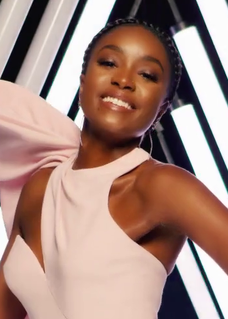A Quote by Munira Mirza
If black artists can win major commissions and international acclaim, why do we assume that to be black is always to be marginal, or in need of special support? We have to recognize how diversity initiatives can make black artists feel ghettoized and, as some cultural commentators have argued, bear 'the burden of representation.'
Related Quotes
Obviously, I'm not not black. But this is one thing I do know after years and years of working with a lot of black players and black commentators on many networks: That if you go to the place of you're telling a black man, or a black woman, that 'You should know your place and stay in it,' when you get to there, them's fighting words.
I wanted to make sure the focus [in The Land] was on human beings themselves and their decisions, but still connected to the urban environment that people associate as being black. I think I was able to make a film without commenting on "black this or black that" and you still feel the presence of it. There's no one character who's saying "we're all black and we're all in this struggle." It's that you just feel it. Some of that is because we get the sense from a lot of independent films that black people struggle all the time.
"Black culture" is ready for whatever. I sense some momentum and excitement around black artists (especially in comedy, which is where most of my own art resides), really pushing the bounds of what has generally been expected as black. I don't think it's a revolution so much as an exposure of what has always been there, and now that the production and distribution means are more accessible, people can more easily find each other.



































